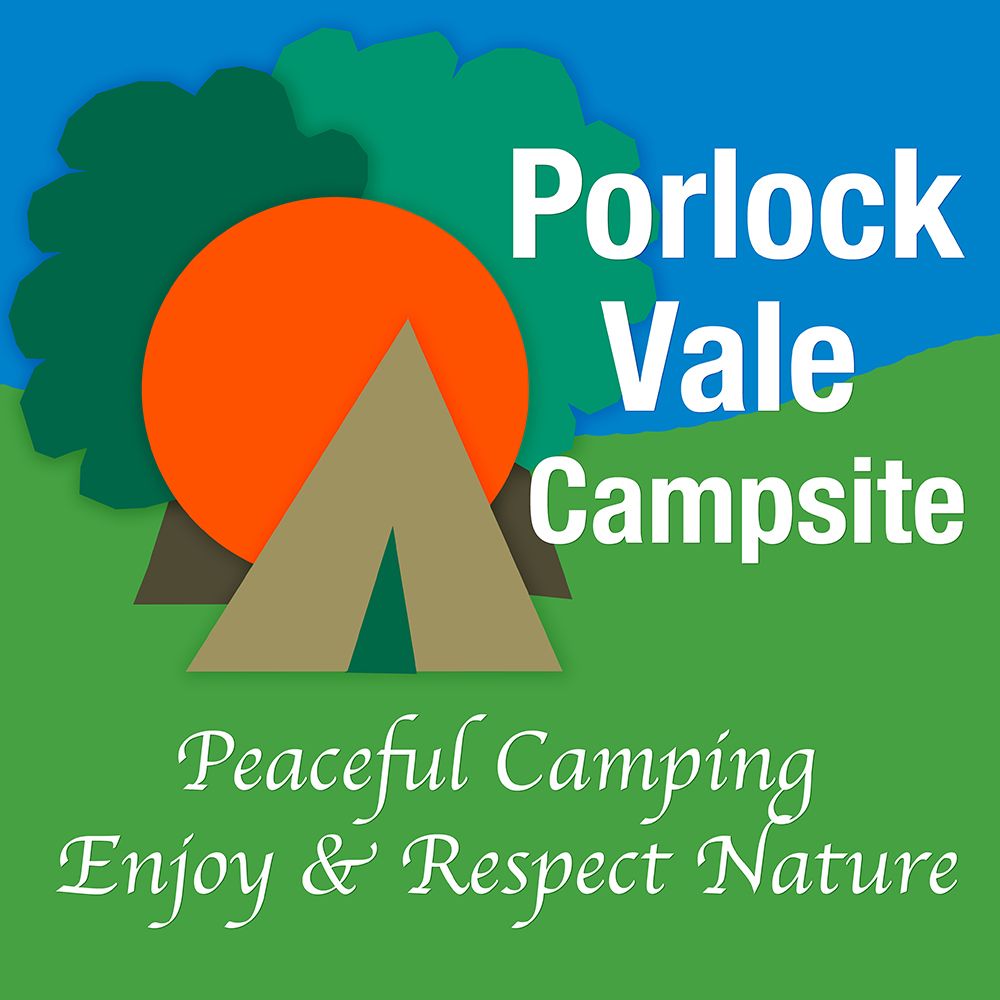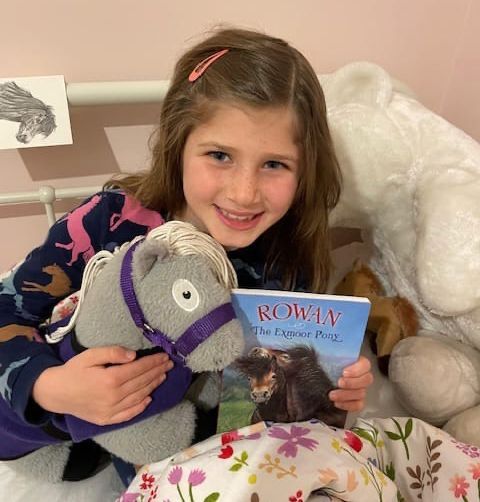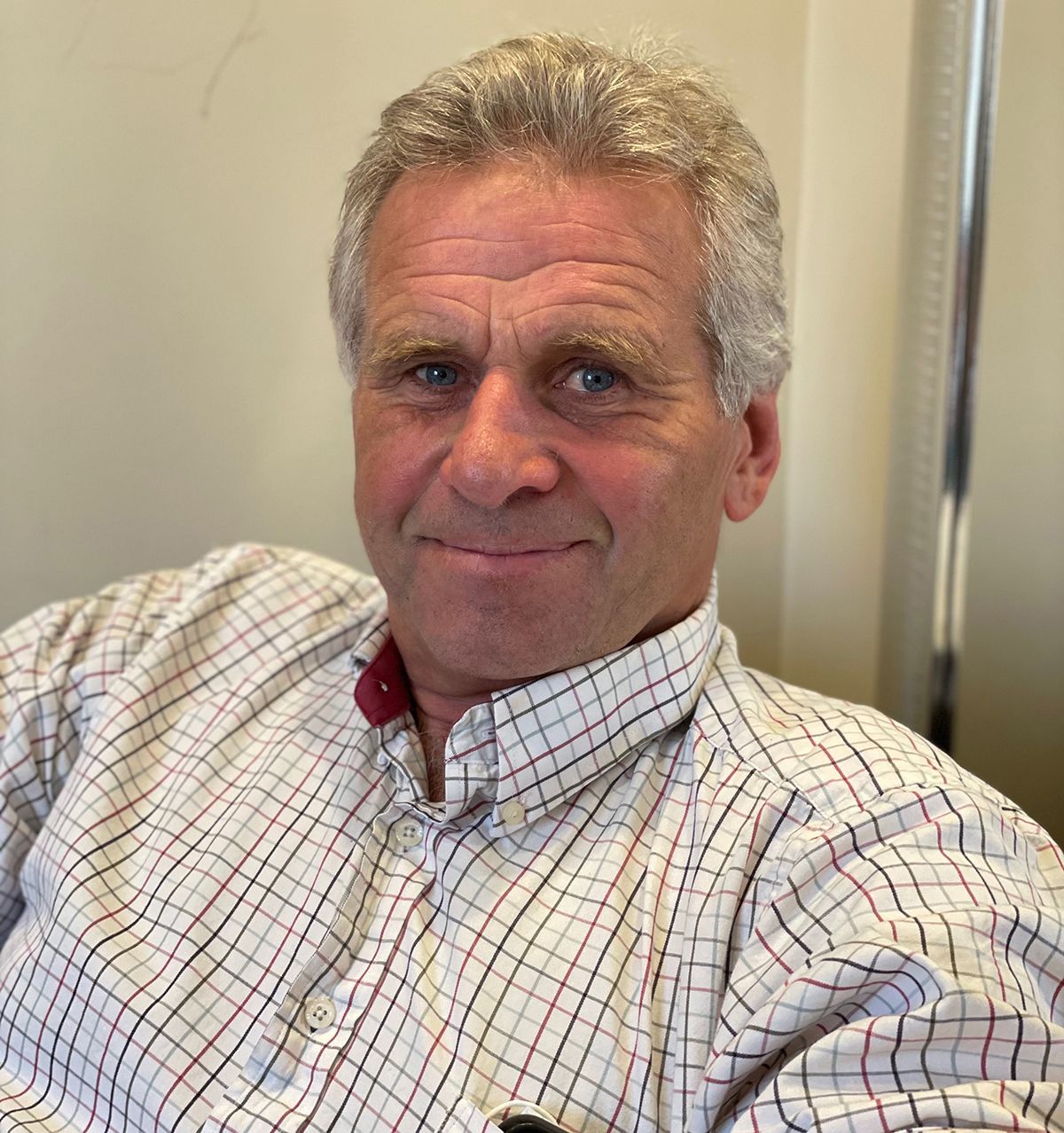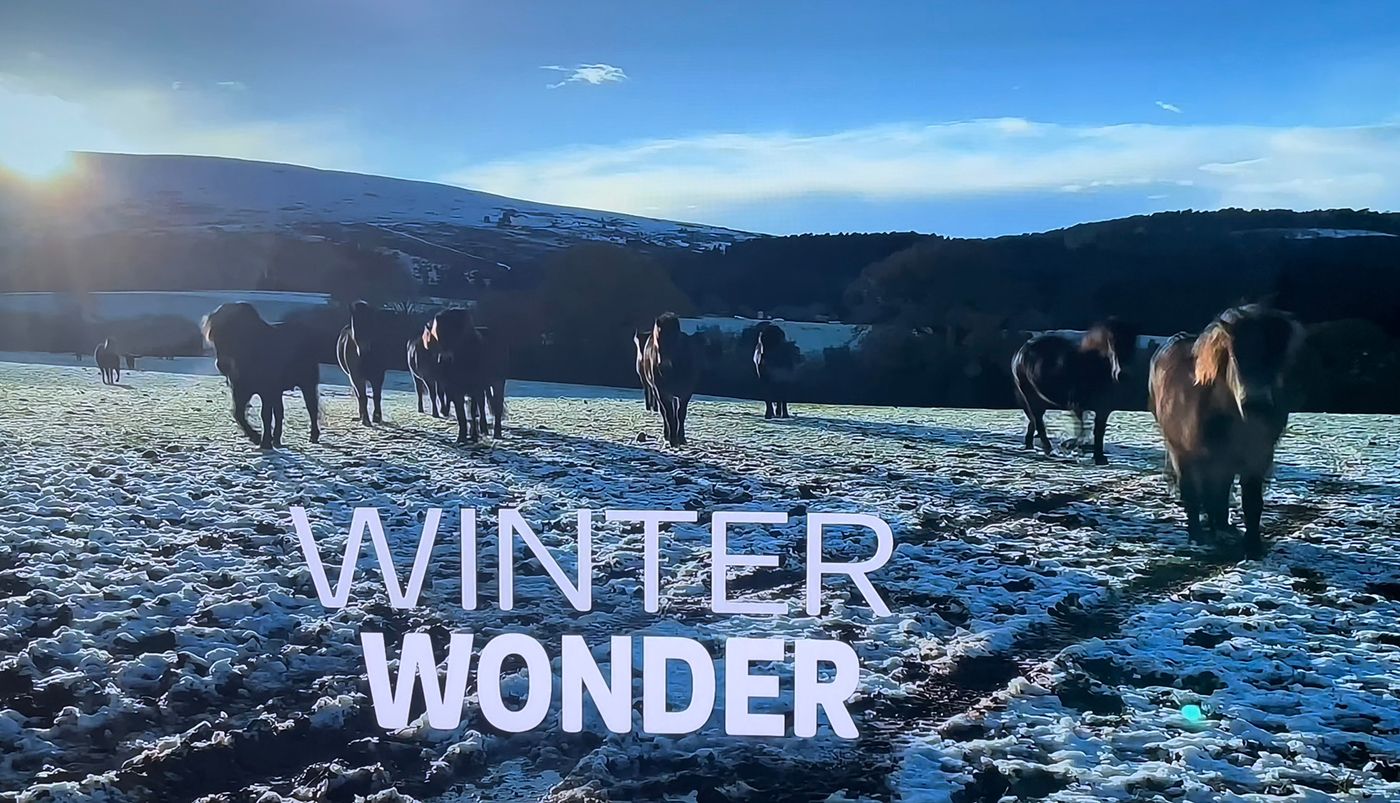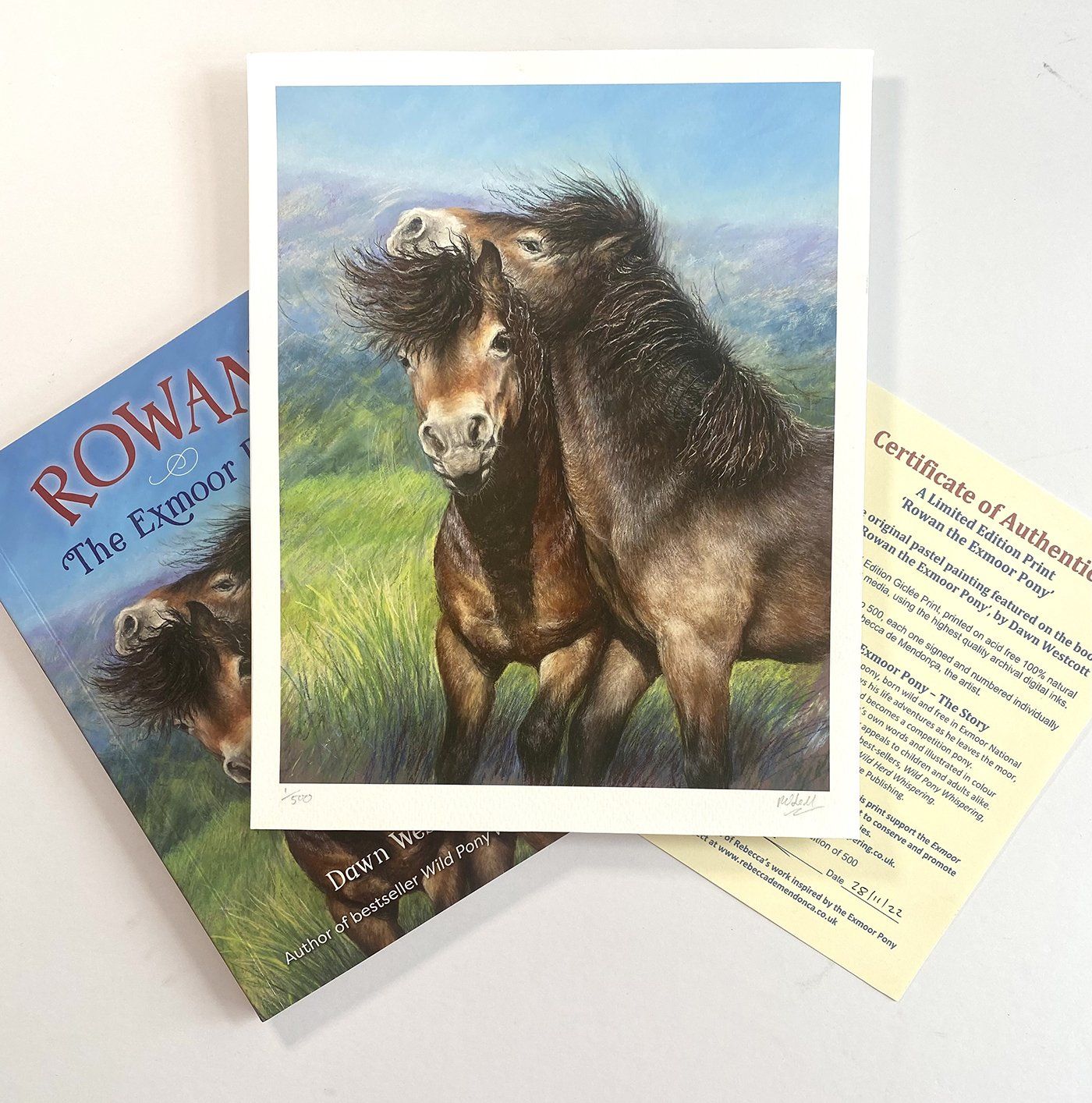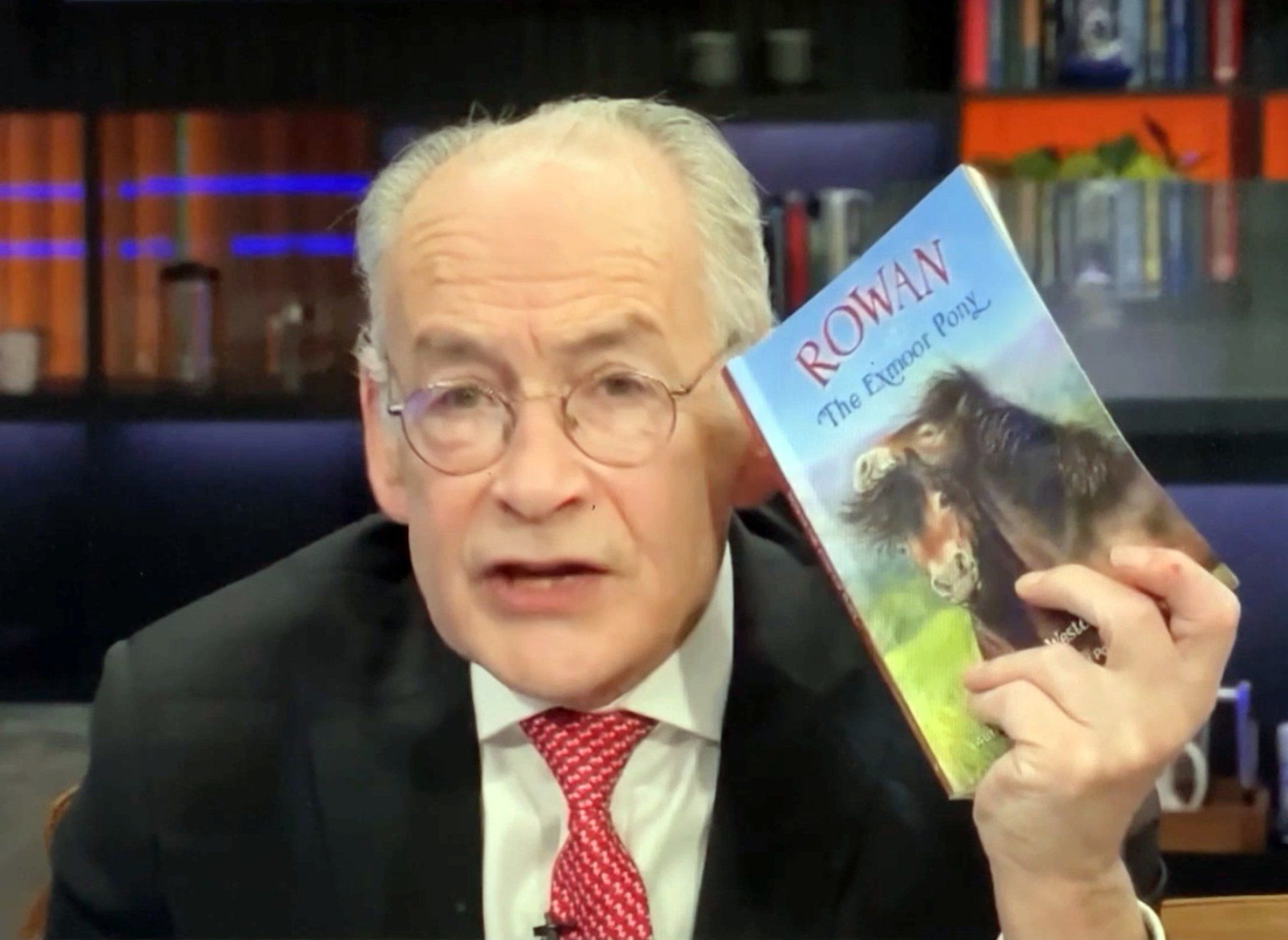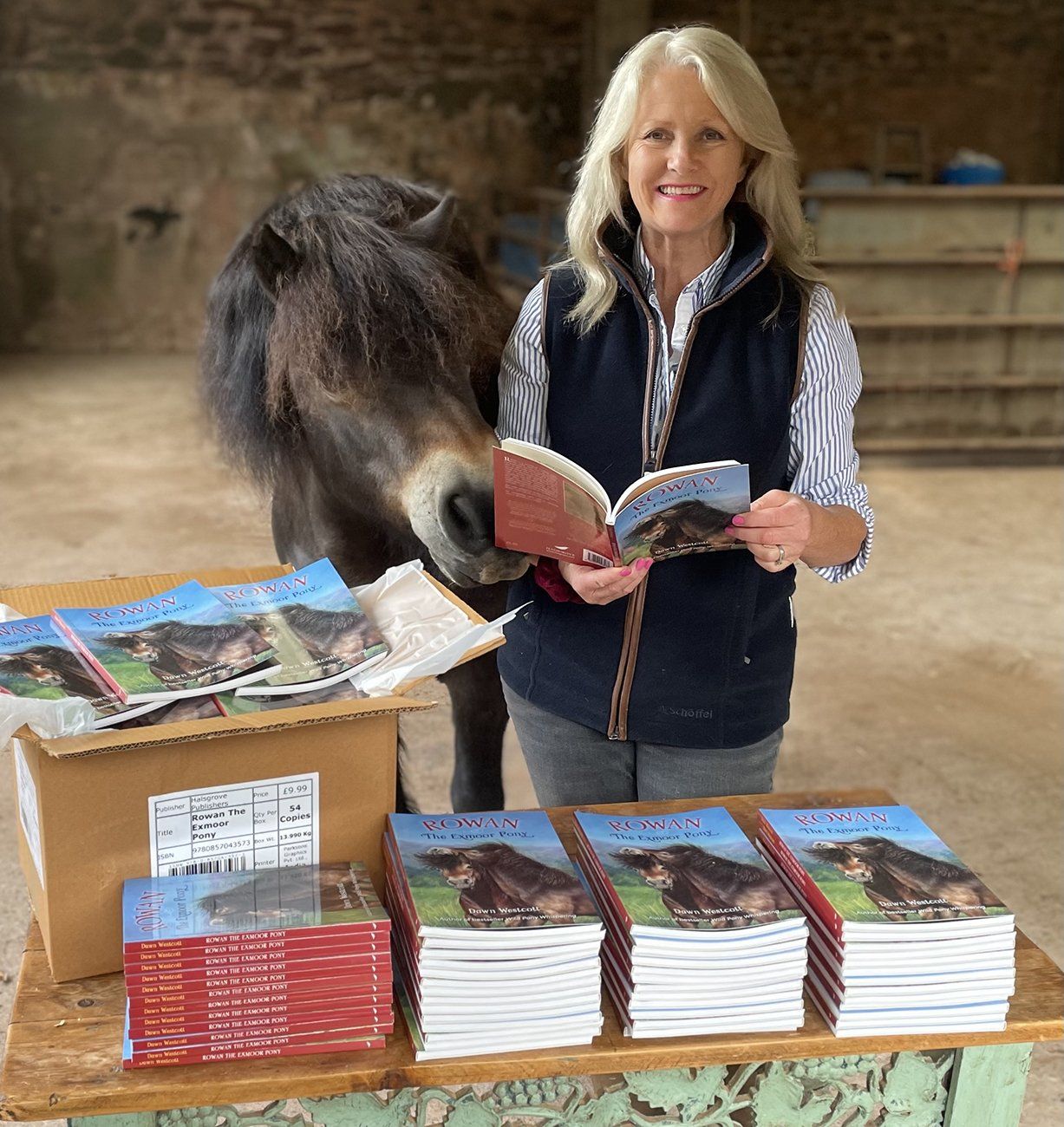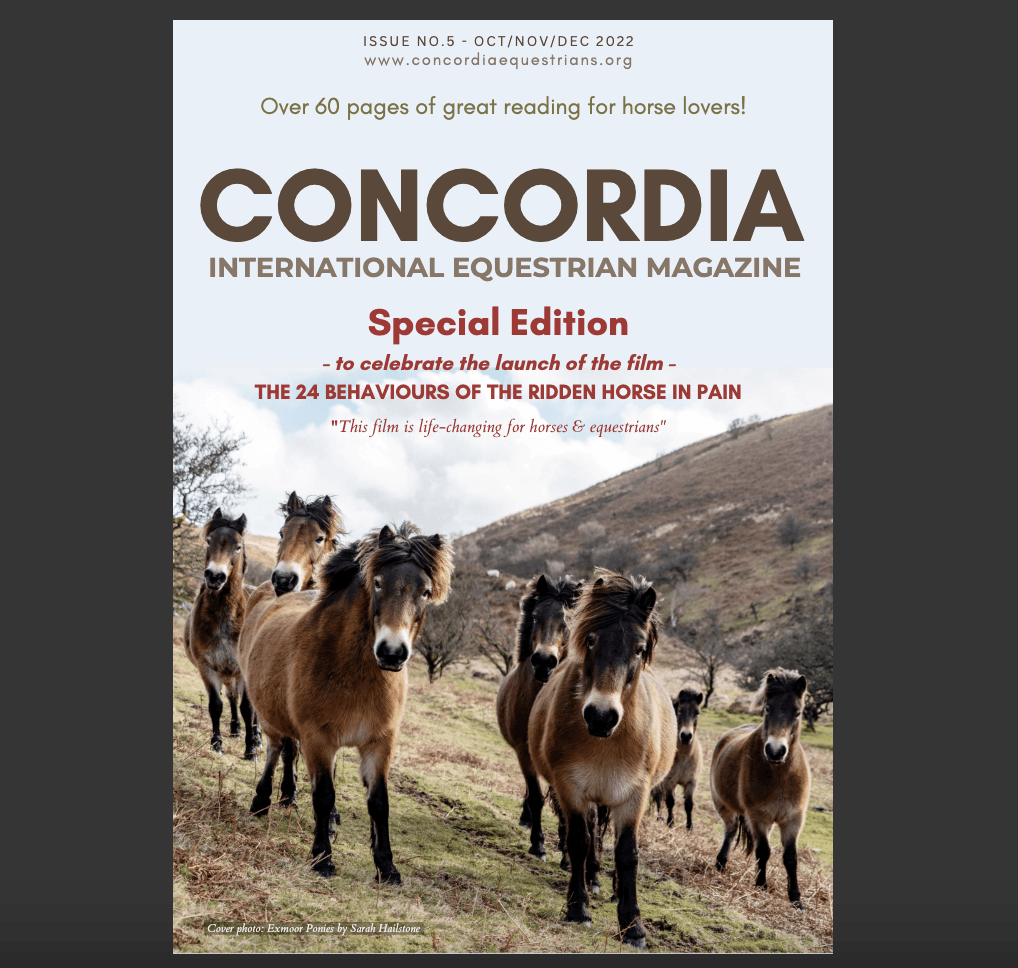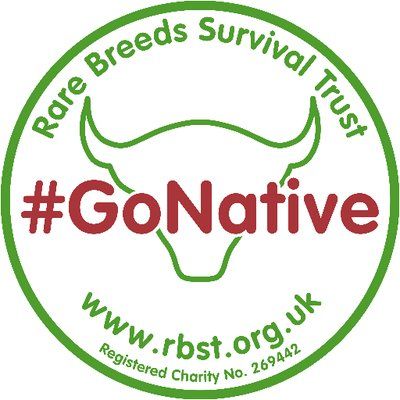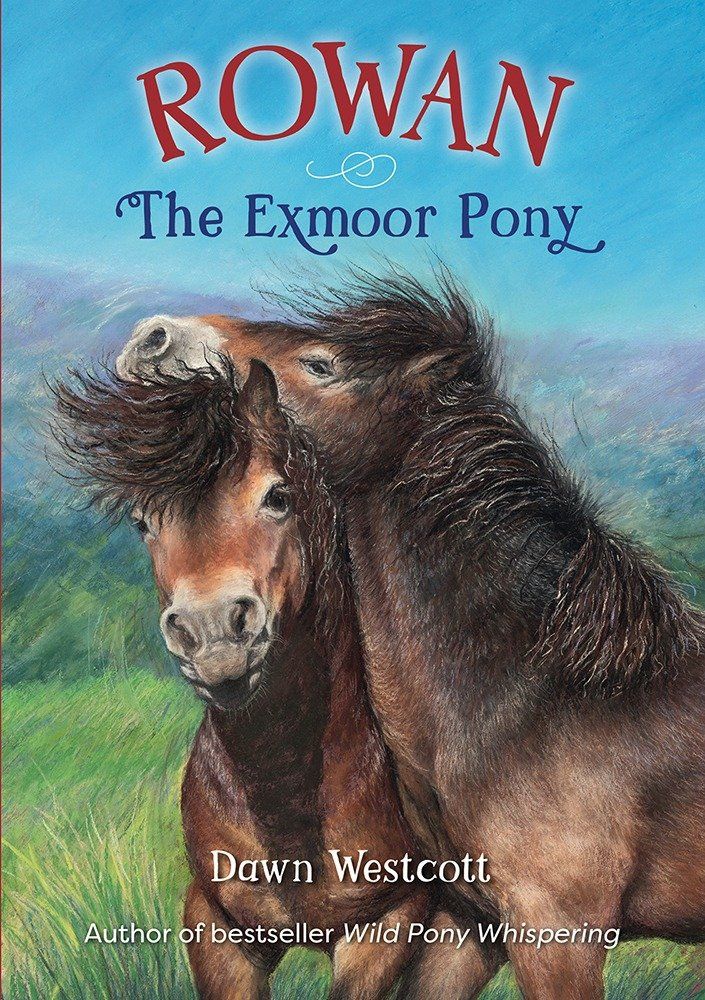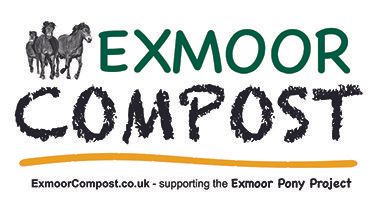Welfare for Exmoor Ponies in Rewilding Projects
Article by Hanne Knude Palshof - Chairman, The Danish Veterinary Association (Translation)
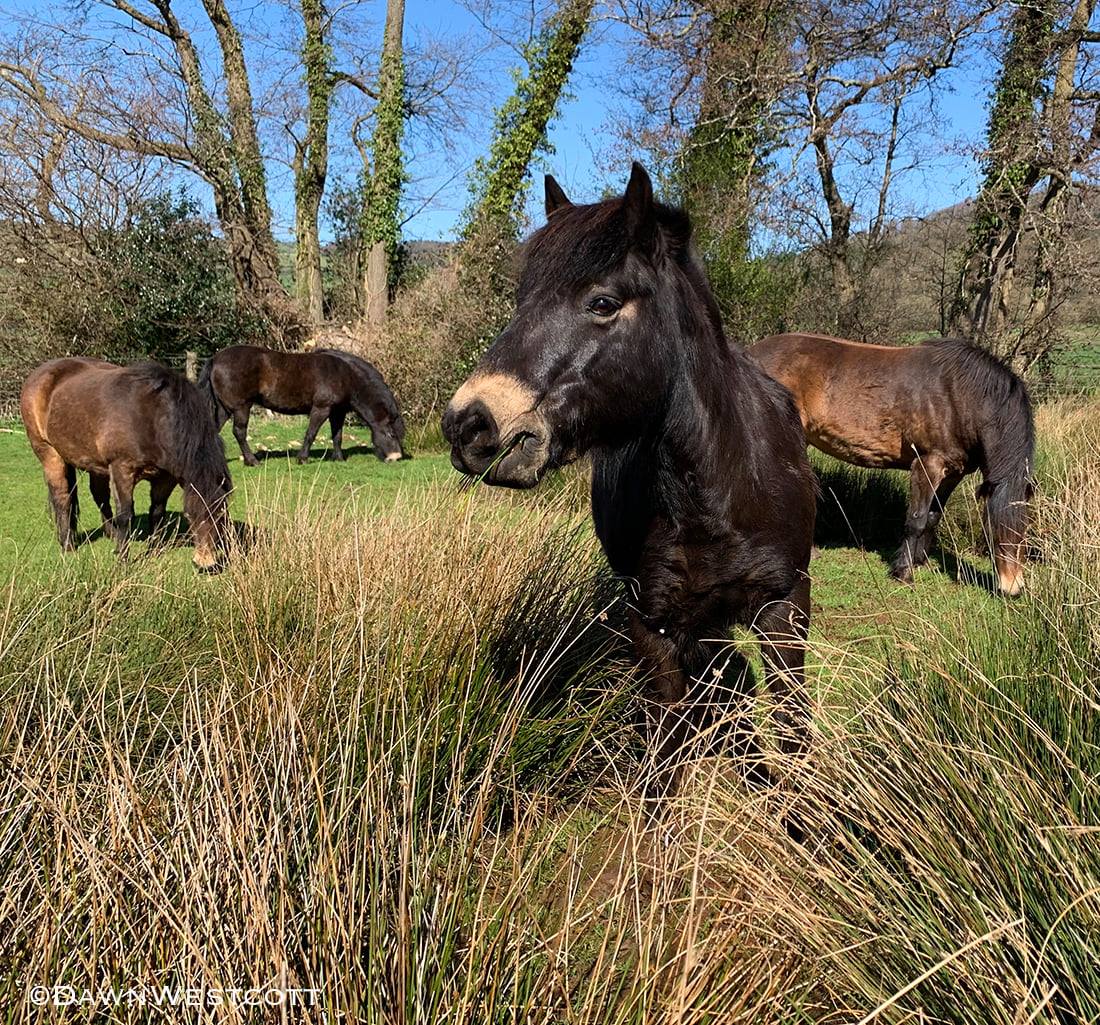
Veterinary Association: Introduce a law that protects animals in nature projects
This article by Hanne Knude Palshof, Chairman of the Danish Veterinary Association, appears on Fødevarer at https://www.altinget.dk/foedevarer/artikel/dyrlaegeforening-indfoer-en-lov-der-beskytter-dyr-i-naturprojekter
It is important and relevant with regard to the welfare and wellbeing of Exmoor ponies used in rewilding and grazing projects. I've used Google Translate and relay what Hanne Knude Palshof is saying, here below:
Nature projects with wild animals can strengthen Danish nature. But the lack of legislation in the area means that the welfare of the animals is threatened, writes Hanne Knude Palshof.
This post is solely an expression of the writer's own opinion. All submissions to the Alting must comply with press ethics rules.
There is broad agreement that nature in Denmark is under pressure. In the election campaign, the politicians lined up to indicate that we must have more nature in Denmark - preferably the wild kind. But in our zeal to recreate more nature, we are in the process of eroding animal welfare even before the first nature national park is inaugurated.
Wild nature requires, among other things, biodiversity. When we create biodiversity, there is professional agreement that large farm animals such as cattle and horses are key players, as their grazing increases the amount of light-open areas, which create fertile soil and habitat for growth and animals, which in turn contribute to further diversity in the fauna – a "virtuous circle."
In these years, many different types of nature projects, both private, municipal and state, are emerging that want to contribute to increasing biodiversity – including the upcoming 15 nature national parks. Many talk enthusiastically about wild nature with wild cows, wild horses and wild forests, just like in the good old days. But are the animals wild, or is it just the Wild West?
Animals in nature projects still have needs
Let's start by being honest - we select and limit animal habitats in the form of demarcated fenced areas and not necessarily areas of open countryside which are natural habitats for cattle and horses as it suits their escape instinct and they can find food in form of grass.
In some of the future nature national parks, for example Gribskov and Bistrupskovene, there is thus no question of natural habitats, and even the large nature national parks are not large enough to accommodate the migration pattern that truly free-living horses and cows follow.
In addition, the animals exposed in the nature projects have exactly the same need for an adequate amount of food as well as the possibility of shelter and dry bedding as all other animals we have in our care - whether they are in stables or behind fences. When these animals are exposed in the nature projects, it cannot be expected that they live like wild animals that have to search for food themselves and tolerate the climate, as it is now in Denmark.
Fortunately, it usually goes very well - but this is also where the next dilemma lies: in Denmark, the grass typically does not grow from November to April, and there will be periods when the animals' very basic food needs are difficult to meet.
Livestock, such as horses and cattle, cannot meet their energy needs by eating branches or bark, as their digestive systems cannot break down and extract nutrients from them. Under natural conditions, the animals would move out of the area in their search for food. It prevents the fences.
The result will be that the animals will starve if they are not either fed by the people who have them in their care or alternatively removed from the nature projects. A problem that is further aggravated when reproducible animals are desired, which in addition to providing energy for their own survival must use extra energy to be pregnant and to raise offspring.
We have the responsibility
Precisely feeding the animals when there is a lack of food is a central point of contention in relation to how we manage the nature projects. As veterinarians, we find it professionally unacceptable if the animals starve so much that they eventually die from it.
When we put animals behind fences, we always have a responsibility for them. We have a more than 100-year-old legislation in the area; first in the form of the Animal Welfare Act and now the Animal Welfare Act. This complex of laws stipulates that anyone who keeps animals in his care must ensure that they are housed, fed and cared for taking into account their needs.
Therefore, it is incomprehensible and, from a veterinary point of view, unacceptable that exemptions can be made from this legislation (Section 3 and Section 9) in the future nature national parks where the state is the owner of the animals. Because we are not and will not be talking about wild animals in wild nature! At the very least, domesticated animals become strays under fences, where they can find it difficult to maintain their burrows and normal expressions of life due to scarcity of food, lack of water when there is frost, and lack of shelter and dry bedding.
When section 9 of the Animal Welfare Act can be dispensed with, it means quite clearly that the length of time that can elapse between observing the animals is from min. 1 time a day to maybe once a week. The animals can thus suffer with, for example, a broken leg, because the animals do not need to be supervised every day.
Another legislative paradox is that the keeping of almost any type of specific animal in cubicles in Denmark is subject to special animal protection legislation. There is, for example, an 'Act on keeping dairy cattle' and an 'Act on keeping horses'. Just as animals in zoos and smaller zoos are covered by a special order.
The purpose of this legislation is of course to protect the animal species in question. As the crown jewel at the very top of this legal complex rests the Animal Welfare Act. But precisely for the keeping of animals in nature projects, there is no specific legislation regarding the conditions, welfare and life of the animals apart from the Animal Welfare Act, where specifically in connection with nature national parks exemption can be sought.
In other words, the very general law is the only flimsy bulwark that the stray animals in the nature national parks have to secure their most basic rights - and now the law's provisions on their welfare can be dispensed with.
In order to remedy the sometimes poor animal welfare that is currently seen in several nature projects, we as professionals would like to encourage the adoption of legislation that includes animals in nature projects. Legislation that sets the framework for how we best meet the animals' physiological, behavioral and health needs.
The framework must be right
Legislation which includes a proactive action plan for what must happen when animals are injured, become ill, or do not have enough food, and which not least sets the framework for the frequency and quality of the supervision that must be carried out with the animals.
There is no doubt that the farm animals in the various nature projects can have a fantastic life if the framework is right. In this way, the "wild life" of domestic animals is presented romantically, when they can feast on the summer's flower buffet and lay coke boxes. Here we must remember that we are also responsible for the animals when the "flower buffet" has disappeared and the snow, hunger and cold have arrived.
We must work diligently and constructively so that nature gets better conditions in Denmark. But the end does not justify the means, and Danish veterinarians would like to help ensure that, just as we have done throughout our 250 years of work.
We must use our large livestock to achieve the goal, but the welfare of the animals must never be the price. Because animals under fences are not wild.
Ends
Thank you Hanne Knude Palshof for making these important points. To read the original article please visit https://www.altinget.dk/foedevarer/artikel/dyrlaegeforening-indfoer-en-lov-der-beskytter-dyr-i-naturprojekter

